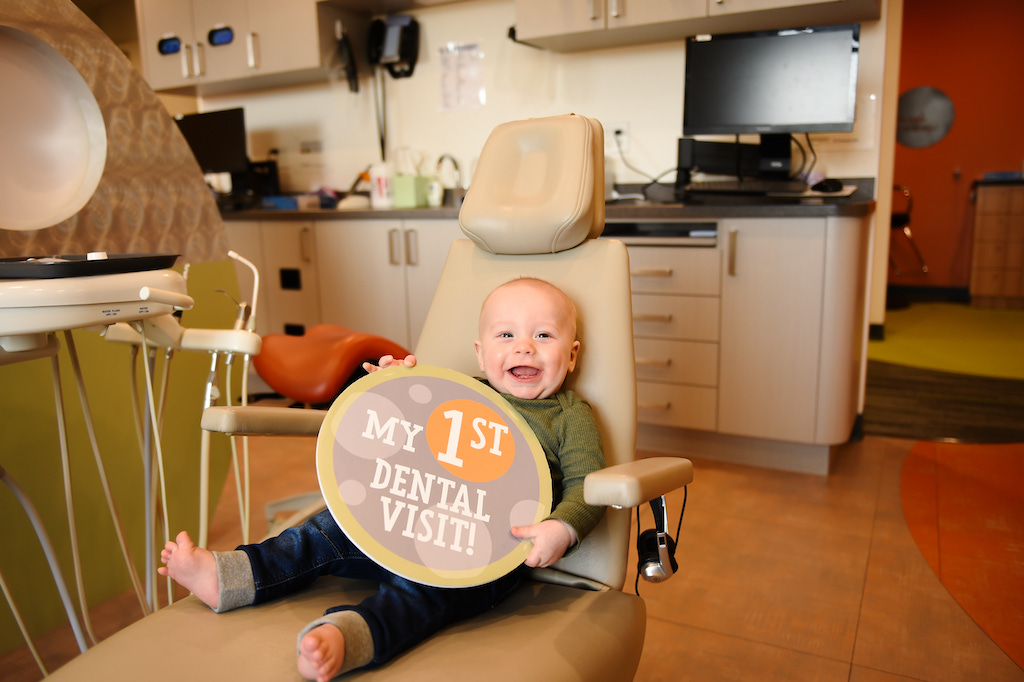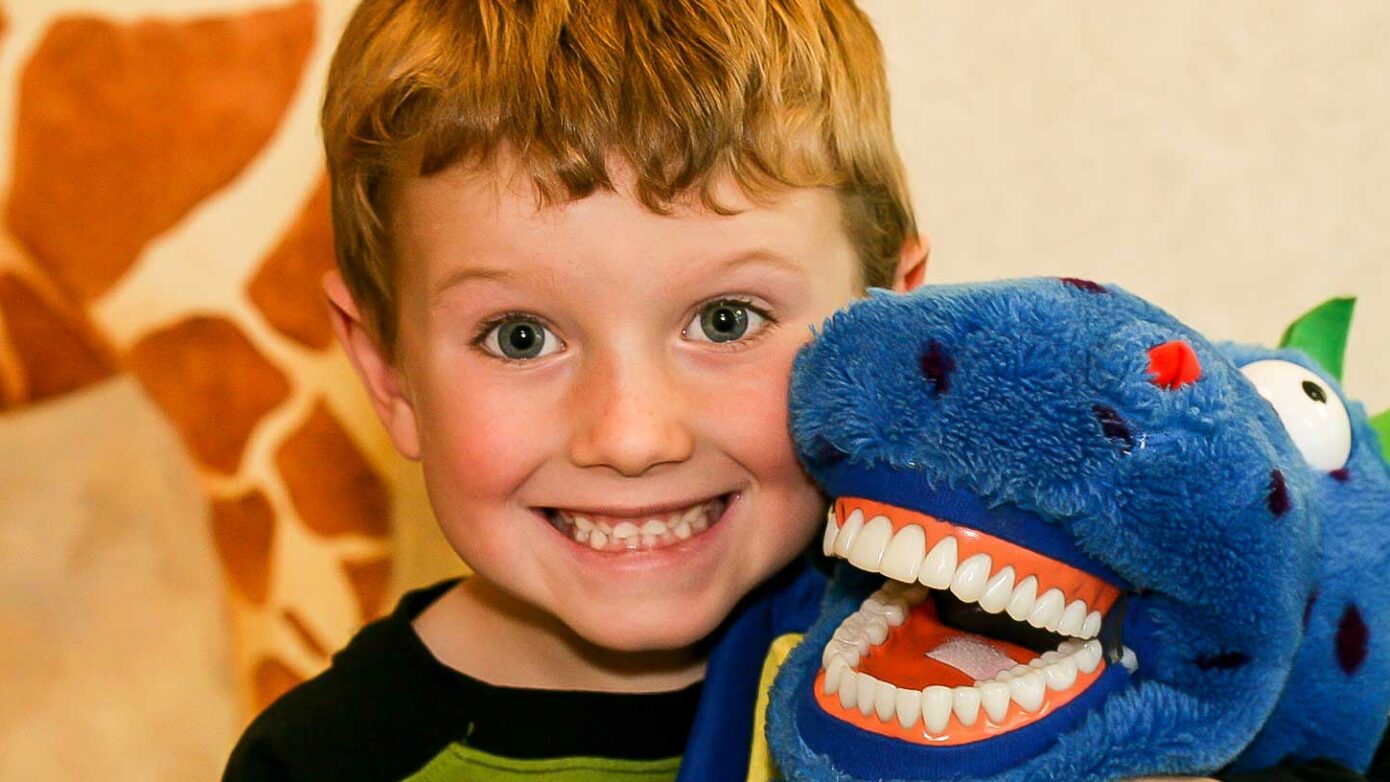The journey of a child’s oral development is a significant part of their growth, marked by milestones and transitions that shape their dental health for life. Understanding these stages can empower parents to promote optimal oral care and ensure a healthy smile for their little ones.
Birth to 3 Years Old: Building the Foundation
During the first three years of life, primary (baby) teeth emerge, playing crucial roles in chewing, speaking, and facial appearance. These teeth also maintain space for future adult teeth, emphasizing their importance despite being temporary.
3 to 6 Years Old: Establishing Oral Hygiene Habits
By age 3, most children have all 20 primary teeth. Encourage regular brushing twice a day and daily flossing to instill good oral hygiene practices early on.
6 to 12 Years Old: Transition to Permanent Teeth
Between ages 6 to 12, primary teeth start making way for permanent teeth. The emergence of adult teeth influences the alignment and health of subsequent permanent teeth, underscoring the significance of this transitional phase.
12 to 17 Years Old: Emphasizing Lifelong Oral Health
As most adult teeth come in after age 12, maintaining oral health becomes paramount. Minimize sugar intake to prevent decay, use mouth guards during sports activities, and seek orthodontic evaluation for any signs of misalignment.
17 to 21 Years Old: Addressing Wisdom Teeth
The final stage sees the arrival of wisdom teeth, often necessitating removal to prevent overcrowding and potential oral complications. This process typically occurs between ages 17 to 30.
Conclusion: Investing in Future Smiles
Teeth undergo continuous changes throughout childhood, highlighting the importance of proactive dental care. By nurturing your child’s oral health from an early age and guiding them through each developmental stage, you lay a strong foundation for their lifelong dental well-being. Remember, the habits formed now will impact their oral health in the years to come. Stay vigilant, prioritize preventive care, and partner with dental professionals to safeguard your child’s precious smile.





